So many social enterprises are built from truly amazing stories, but a long-standing favorite of ours has always been the story of Parker Clay. In so many ways, husband and wife co-founders, Brittany and Ian Bentley, have used their passions and resources to not just empower and impact others for good, but to learn from them. Their collection of gorgeous leather goods and textiles are made ethically by women in Ethiopia - a country where they not only adopted two of their five children and lived for three years, but where the heart of Parker Clay was born. Read more on their story and how they built an incredible community despite cultural differences in our interview with Brittany! It’s a good one.
Tell us a bit about your company. Who are you, what do you do, and how are you changing the world?
My husband (Ian) and I first traveled to Ethiopia in 2011 to adopt our first daughter, and eventually felt prompted to move to the capital city of Addis Ababa one year later. While living in Ethiopia, we had the fortune of working with an organization called Ellilta - Women at Risk, an NGO that seeks to empower women emerging from the commercial sex industry by offering prevention and awareness programs, counseling, skills training, and other services.
Meeting these women and witnessing the amazing, transformative work that Ellilta was doing deeply moved us, and we began to wonder how we could do more.
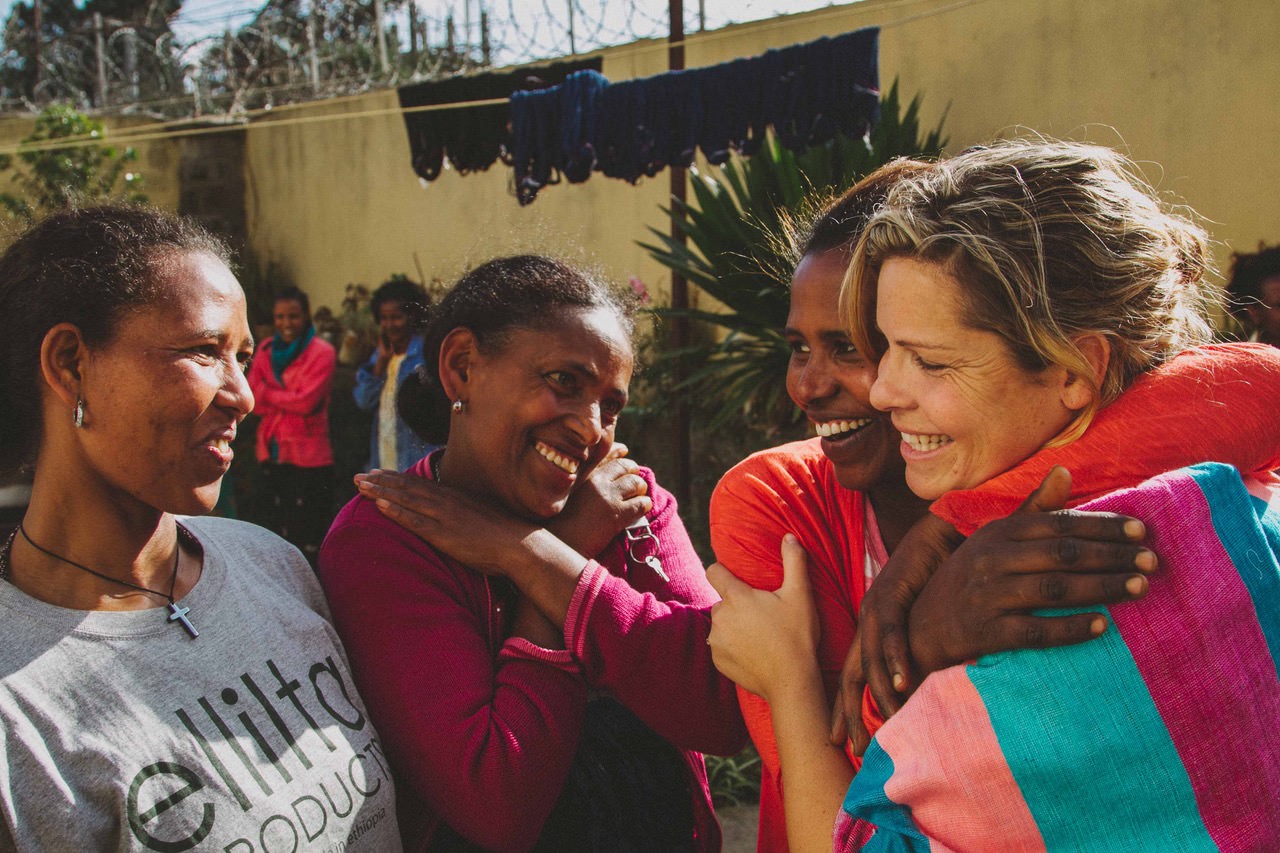
During the first few years we were living in Ethiopia, Ian was looking for a birthday gift for me, and found an incredible leather bag. The artisans’ craftsmanship was beautiful, and we learned this leather was not only ethically sourced, but some of the highest quality leather in the world. With these resources in mind, a vision to empower vulnerable women through enterprise was born. From that chance birthday gift, Parker Clay was created as a luxury lifestyle brand that hand selects the highest quality leather to make timeless products by way of age-old traditional craftsmanship, all while creating opportunities for vulnerable women to become economically independent.
Since that moment nearly five years ago, Parker Clay has since opened up our own production facility in Ethiopia where we employ local artisans to handcraft each of our leather products.
Besides following fair trade practices, we pay our employees an average of 87% above local wage rates.
We also offer additional benefits to our employees including pension, generous vacation policies, transportation to and from work, access to laundry facilities, daily coffee breaks, savings groups, and more. We have continued to partner with Ellilta - Women at Risk by sourcing all of our woven blankets and jewelry products from them, and I maintain a close relationship with their staff to consult on leadership and development opportunities.
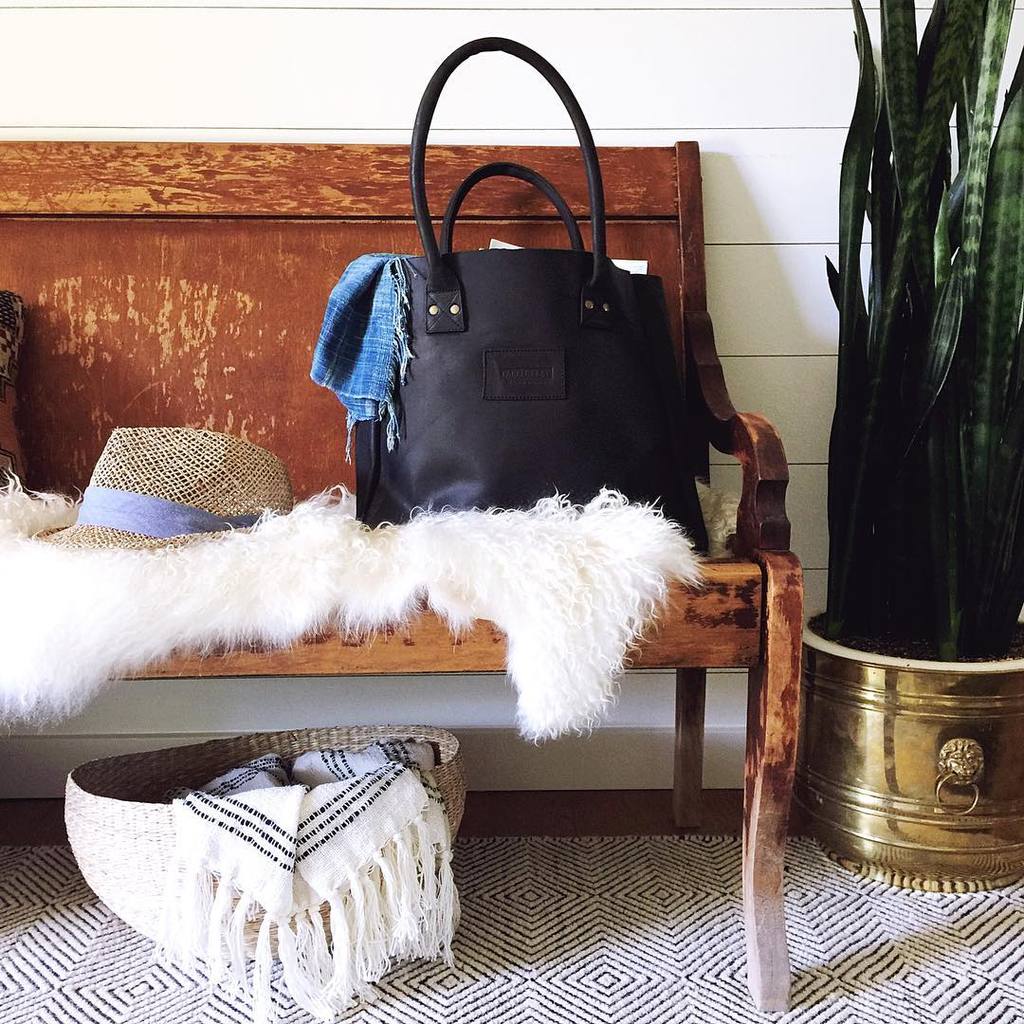
Our focus this month at Yellow is “Privilege”. It’s a touchy subject, and is mostly seen in a negative light, but we see privilege as a responsibility. How do you see privilege?
I couldn’t agree more, and I think that empathy should go hand in hand with privilege. There are so many levels of privilege. For example, privilege allows me to choose the education I would like to receive, to choose the line of work I want, where I vacation, and where my kids attend school. It also allows me the “privilege” to travel. It’s one thing to be in your own country and make conscious choices, but in a country and culture that is not your own it is very important to be aware of your privilege, and that we can also benefit from others’ view of privilege.
We live in a place where we are able to help make the connections between people. Everyone has challenges and hard things they go through no matter where they are at.
When we break down barriers and stop looking at what is different about each other, we find that we all often have wounds that need healing.
Instead of being frustrated and dislike the wealth and privilege of the community we are a part of, we choose to be thankful for having that benefit in our lives – to be able to use our resources to help others. We do so not out of obligation, but because it is a privilege.
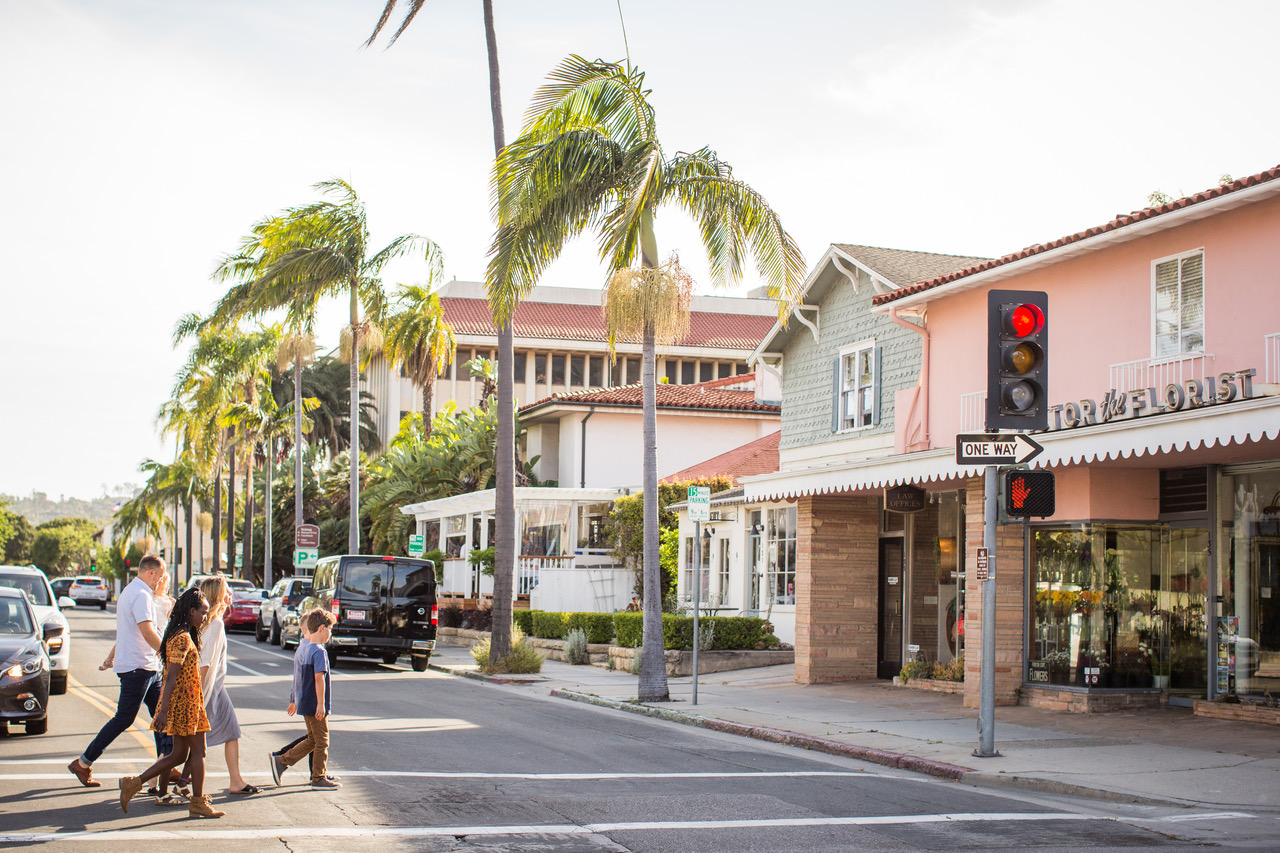
You guys are from Santa Barbara, a primarily White and wealthy place, and you work with people from a totally different culture and background than yours. Have you ever felt an internal conflict regarding the privilege you’ve been given? How do you process through that?
We didn’t choose to be born in our privilege, but we have a choice daily to be conscious of our purchases.
We can make effort to make purchases that build stronger communities and healthier families. It’s amazing to have large retail stores where we can get everything we want, but it was very overwhelming when we came “home”… it was a privilege in Ethiopia to step outside our front door and have a little market shop to get last minute food. Living intentionally and simply was such a privilege in Ethiopia, and a challenge with 5 kids in America!
Santa Barbara is an incredible community with people who genuinely want to have an impact on the world. After adopting our daughter from Ethiopia our vision became globally focused, and while we loved Santa Barbara we ready to leave when we packed up our family and flew to Ethiopia. However, the more years we were away we were so thankful to look back at the privilege we had while living in California. Our daughter was diagnosed with a brain tumor and epilepsy while we lived in Ethiopia. Because of our privilege we were able to fly back to California and access amazing medical care. We continue to receive services for her physical therapy and her education, we are humbled that we have access to this.
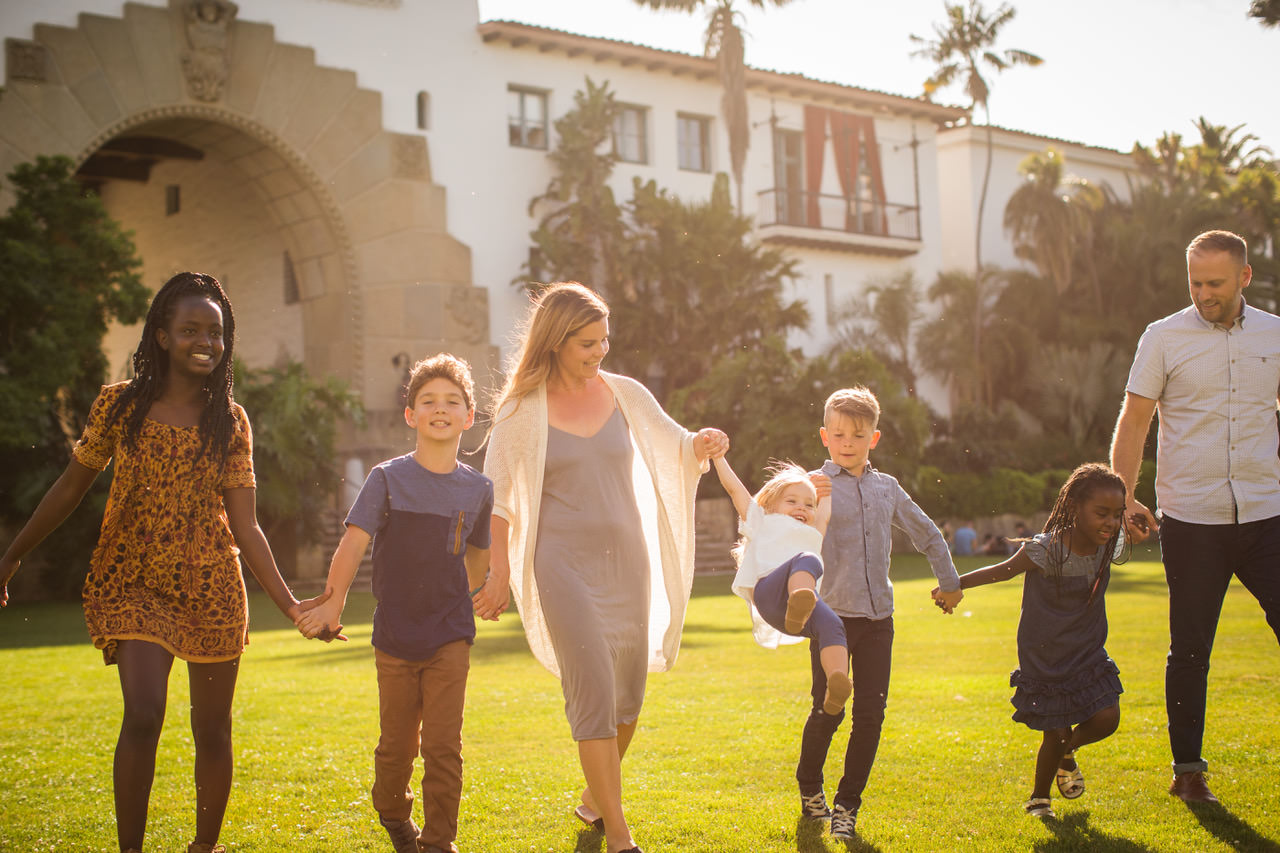
Tell us about your experience living in Ethiopia.
We learned the importance of relationship. In many low income countries where a lot of international aid is flowing, it’s not uncommon to see a constant turnover of new faces. We saw a lot of people come and go, and it was at about the first year mark that we noticed a larger turnover. Many people would come, stay for a year and leave.
For us, living there three years showed us a completely different side of Ethiopia, deeper connections, relationships, and trust.
We loved that connection and it still feels like home. When we go back, it’s often surprising to Ethiopians that we meet for the first time when we speak Amharic, the local language, with them. We loved the culture, its family style embrace, and observed time and time again the beauty through such challenging circumstances. It really redefined what true strength is for me.
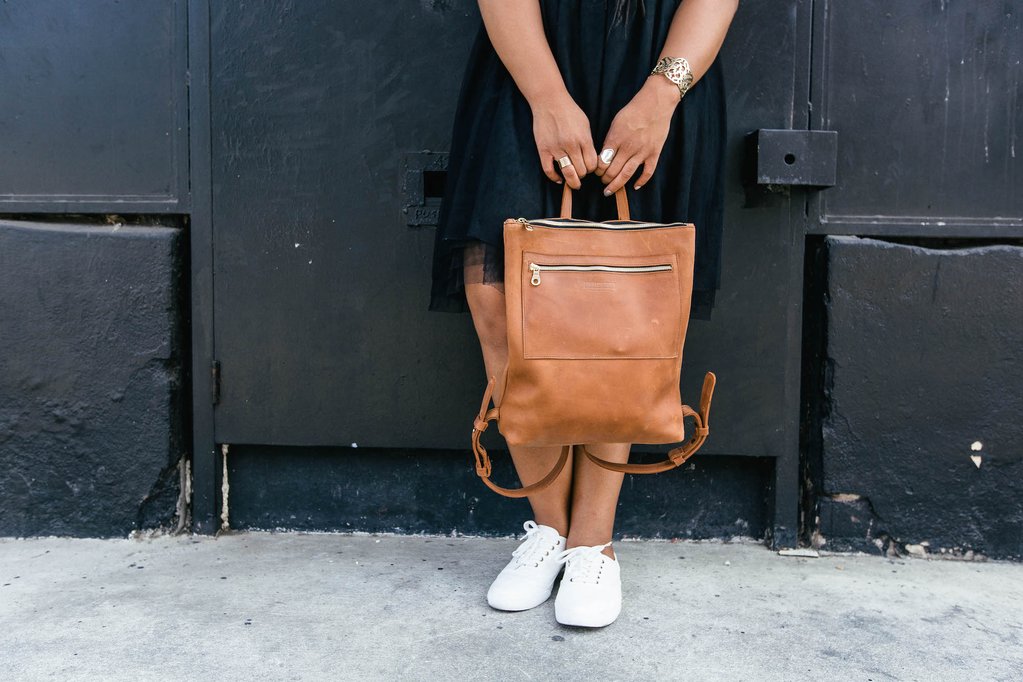
You have empowered and built strong relationships with so many women in Ethiopia. How do the women you work with overseas view your life and upbringing here in the states?
No doubt that there is influence of media in Ethiopia that shapes perspective. I remember recently that Ian was traveling to Ethiopia after the news of our president commenting that Africa was a, “S*** hole country.” No matter where you stand politically, not a fun situation to walk into. As for women in Ethiopia, again, these women are strong. One of the things I enjoyed the most was getting to know the women, the way they would lean on each other, laugh and openly share their lives with each other was just so refreshing. I could go on for days about the stories that were shared with us, it was a joy to do life together.
Most of my time was spent with women who had been in vulnerable situations or leaving a life of prostitution. Many of these women were moms, and the way they fought for and loved their babies through hard situations was just humbling. Clearly we had different upbringings, but it was often the things that we had in common that made a bigger impact that the differences.
The humbling part of empowerment in cases like this, is that I thought I would be the one to offer support, but in many cases I ended up learning and receiving so much care from them as well.
When we adopted our second daughter, when my daughter needed surgery, or when I found out I was pregnant, they rejoiced with me, prayed with me, and cared for me. Their strength in community is something that is powerful to be part of.
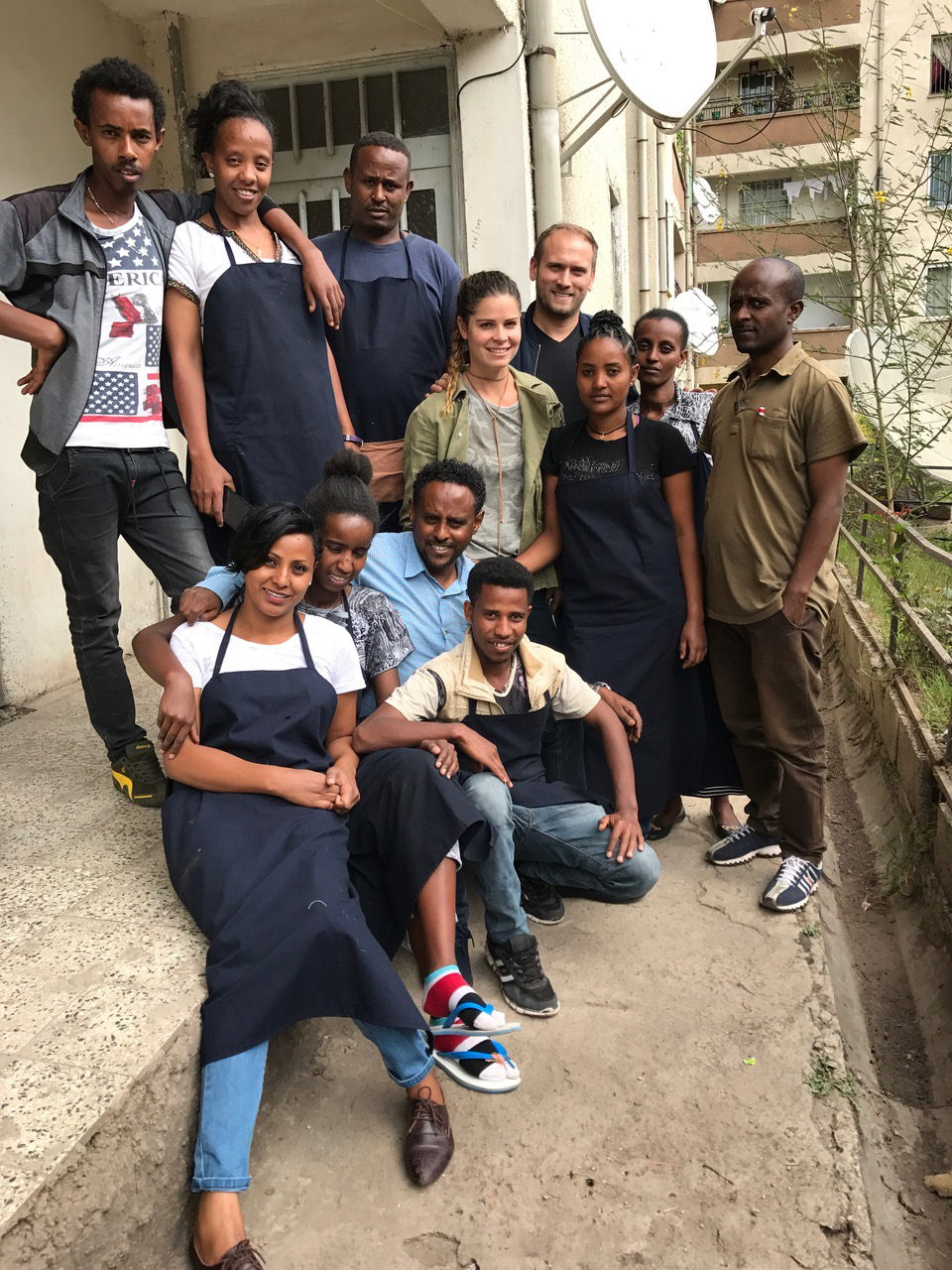
If you were to speak to privileged women here in the States and tell them one thing you’ve learned from your work, what would you tell them?
We have learned so many individual stories of hardship, determination and love in Ethiopia, but I have also heard of many similar stories in Santa Barbara. Having empathy for other hardships is so important to me.
I think as you peel the complex layers away from our humanity, you see at the core that we were all designed with a plan, purpose, and with incredible value.
Be vulnerable, be genuine, and always love because we all just need it.
What is one book, tool, or resource you would recommend to a woman looking to dive deeper into this subject?
I would recommend finding a group of friends or community that allows you to be vulnerable and heard. One of my friends, Anna Jordan, has a blog called Coffee and Crumbs with a group of other moms that are all about being “pure, vulnerable, and honest.” There are a lot of opportunities like this to engage with other ladies that are wanting to be real with each other in a way that they can be heard.
What is your dream that you are looking to fulfil through your work with Parker Clay?
We want those who are looking for work in Ethiopia to be able to find employment, to support their families, and to dream of their futures. If we can do that, while creating world class luxury bags, then the dream continues to come true for us.
Images courtesy of Parker Clay
%20in%20Ethiopia%20Taught%20Her.jpg?w=1200&fit=crop)